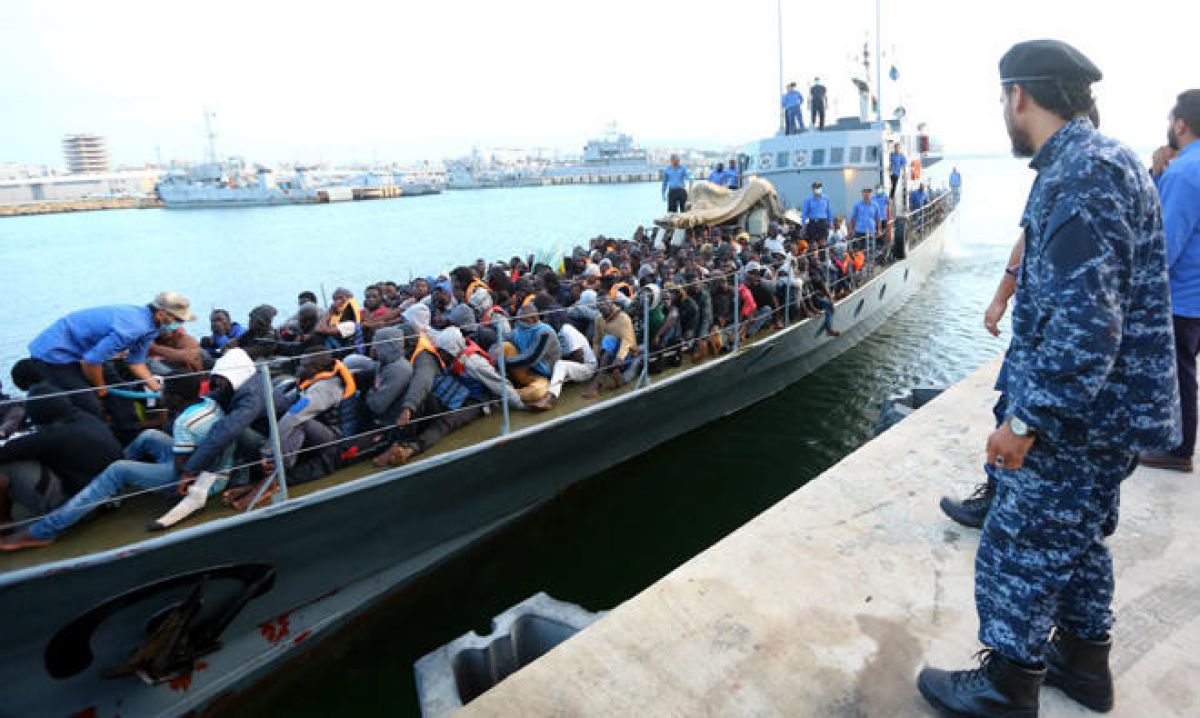In a landmark decision hailed by charities and human rights groups, Italy’s Court of Cassation has ruled that returning sea migrants to Libya is unlawful. The ruling stemmed from a case involving the captain of an Italian towboat, Asso 28, who rescued 101 migrants from a rubber dinghy in 2018 and returned them to Libya. The rescue occurred in international waters approximately 105 km off the Libyan coast, with pregnant women and children among those rescued.
Captain’s Conviction and Sentence
The court upheld the conviction of the captain, whose name was redacted for privacy reasons, sentencing him to one year’s imprisonment. He was found guilty of abandoning minors or incapacitated persons, as well as arbitrary disembarkation and abandonment of individuals. Despite the verdict, the captain is unlikely to serve jail time, as Italian law typically does not mandate imprisonment for terms under four years.
Final Ruling and Public Reaction
The Court of Cassation’s ruling, finalized after decisions by two lower courts, was made on February 1 but gained public attention after Italian media reported it over the weekend. The verdict underscores Italy’s shifting stance on immigration, amid rising support for right-wing parties advocating stringent measures against sea arrivals from North Africa.
Praise from Humanitarian Organizations
Humanitarian organizations, including the Mediterranea Saving Humans migrant rescue group and Amnesty International’s Italian branch, welcomed the ruling. They emphasized the danger of cooperating with Libyan authorities on migration, citing documented cases of migrant abuse and the lack of safety in Libya. The decision aligns with international humanitarian law, which prohibits forcibly returning migrants to countries where they face serious harm or ill-treatment.
Previous Concerns Raised by UNHCR
The conduct of Asso 28 in 2018 had previously drawn scrutiny from the United Nations refugee agency UNHCR, which expressed concern about a potential violation of international law. The Court of Cassation’s ruling serves as a significant legal precedent affirming the obligation to protect the rights and safety of migrants at sea.




